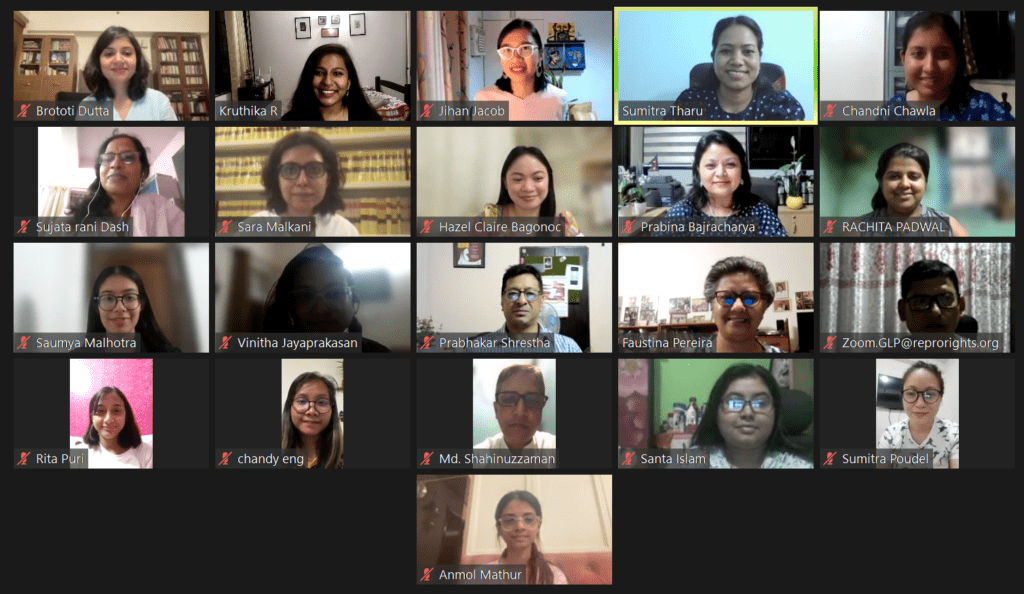Study Finds That Pakistan’s Vague Laws Enable Health Care Providers to Deny Abortion Services in Sindh Province
Report by the Center and Aahung recommends the decriminalization of abortion and training of health care providers to improve access to care.
Women in in Sindh, Pakistan, are being denied abortion care due to the vagueness of Pakistan’s laws and the lack of awareness of the laws by health care providers, according to a new report by the Center for Reproductive Rights and its regional partner, Aahung.

The report, Unsafe and Unjust: The Legal and Social Barriers That Deny Women and Girls Their Right to Safe Abortion Services in Sindh, Pakistan, was launched at a February event in Karachi.
The study found that the vagueness of the legal provisions on abortion under Pakistan’s criminal law code was enabling the denial of abortion services by health care providers. Abortion access was also adversely impacted by providers’ lack of awareness around abortion law and its national and provincial guidelines.
The study relied on a qualitative approach where data was obtained through semi-structured interviews and focused group discussions.
Report Makes Recommendations to Increase Abortion Access
Unsafe and Unjust calls on Pakistan to decriminalize abortion and to set up a legal framework that ensures quality access to abortion services to women throughout the country.
In addition, the report recommends that health care providers be educated and trained to ensure that women get access to quality health care services without any discrimination or stigma.
Read more.
Submission to the UN Shows Pakistan Fails to Protect SRHR
This report to the UN Human Rights Council by the Center and Aahung outlines Pakistan’s failure to address high maternal mortality rates, barriers to safe abortion services, and other SRHR issues.
Report Launch Featured Presentations on Key Findings
At the report launch event on February 6, leaders from the Center’s Asia team and Aahung, as well as health care providers, discussed the key findings.
Opening remarks were given by Faustina Pereira, the Center’s Regional Director, Asia, who joined virtually. Pereira expressed hope that the study will lend itself to advocacy and change in Pakistan.
Presentations were also given by:
- Komal Qidwai, Research, Learning, and Evaluation Manager from Aahung, who presented the key findings of the report to the audience by contextualizing Pakistan’s social and legal background.
- Sara Malkani, the Center’s Legal Adviser, Asia, who explained the existing legal gaps that governs abortion in Pakistan and the impact of the legal framework on abortion access.
- Neha Mankani, a health care provider, who highlighted that at times abortion services are framed as punishment due to value-based judgments and that the report fills the gap in understanding barriers in accessing abortion in Pakistan.
- Dr. Zaib Dahar, a medical doctor, who highlighted the report’s significance for furthering reproductive health in Sindh. She pointed out how the vagueness of the provisions and guidelines contribute to restrictive understanding of grounds for providing abortion services in Pakistan.
Pereira commented, “Asia plays an important role in achieving the Center’s goal of ensuring half of the world’s population lives under stronger protection of SRHR laws. Addressing access to abortion and destigmatisation of abortion is important for us.”
The Center’s Work in Pakistan
Reports and other recent work on sexual and reproductive health and rights issues in Pakistan.



